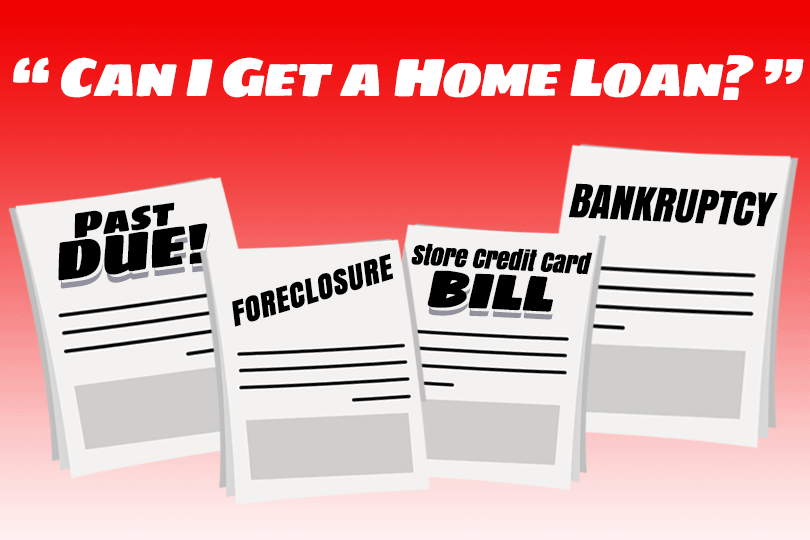Can I Get a Mortgage After Bankruptcy?

Bankruptcy may remain on your credit report for several years, but having one in your past does not mean you’ll never qualify for another FHA mortgage. An important factor in credit availability after you file? What you do along the way with your credit as you rebuild your finances.
Depending on the circumstances, qualifying for an FHA mortgage may be possible after Chapter 7 or Chapter 13 bankruptcy, but the borrower must ensure their credit habits are acceptable to the lender.
Qualifying for an FHA Loan After Chapter 7 Bankruptcy
The FHA sets guidelines for those who want to apply for a loan after filing for Chapter 7 bankruptcy. There is a timetable; you must wait 24 months or two years after your bankruptcy has been discharged before you can apply for a single-family FHA loan. This is sometimes called a seasoning period in the mortgage lending industry.
Remember that this seasoning period is NOT started upon your filing for bankruptcy. The clock begins ticking once the bankruptcy is discharged.
If you’ve filed for Chapter 13 bankruptcy, the waiting period is two years after completing your repayment plan. When applying for an FHA loan after bankruptcy, you’ll need proof that you have re-established credit.
That will include earning steady income and showing that you have paid all your bills on time for at least a year. You must also have good credit scores, typically 620 or higher.
Qualifying for an FHA Loan After Chapter 13 Bankruptcy
You may have to wait as long as two years after your repayment plan has been completed before you can apply for an FHA loan. In order to qualify for an FHA loan after a Chapter 13 bankruptcy, you must also show that you have re-established credit.
You will need proof of steady income and a solid repayment record showing that you have made all payments on time for 12 months or more. You must also have a good credit score, typically 620 or higher.
It’s Never too Late to Work on Your Credit
Filing for bankruptcy can be difficult, but it does not mean you’ll never be able to own a home again. The key is what you do in the aftermath of Chapter 7 or Chapter 13. Establishing good credit habits, paying on time every time, and keeping your debt-to-income ratio low are all issues you can work on in the days between filing and discharge.
------------------------------
RELATED VIDEOS:
Let's Talk About Home Equity
Understanding Your Loan Term
A Few Words About Bankruptcy

Do you know what's on your credit report?
Learn what your score means.







